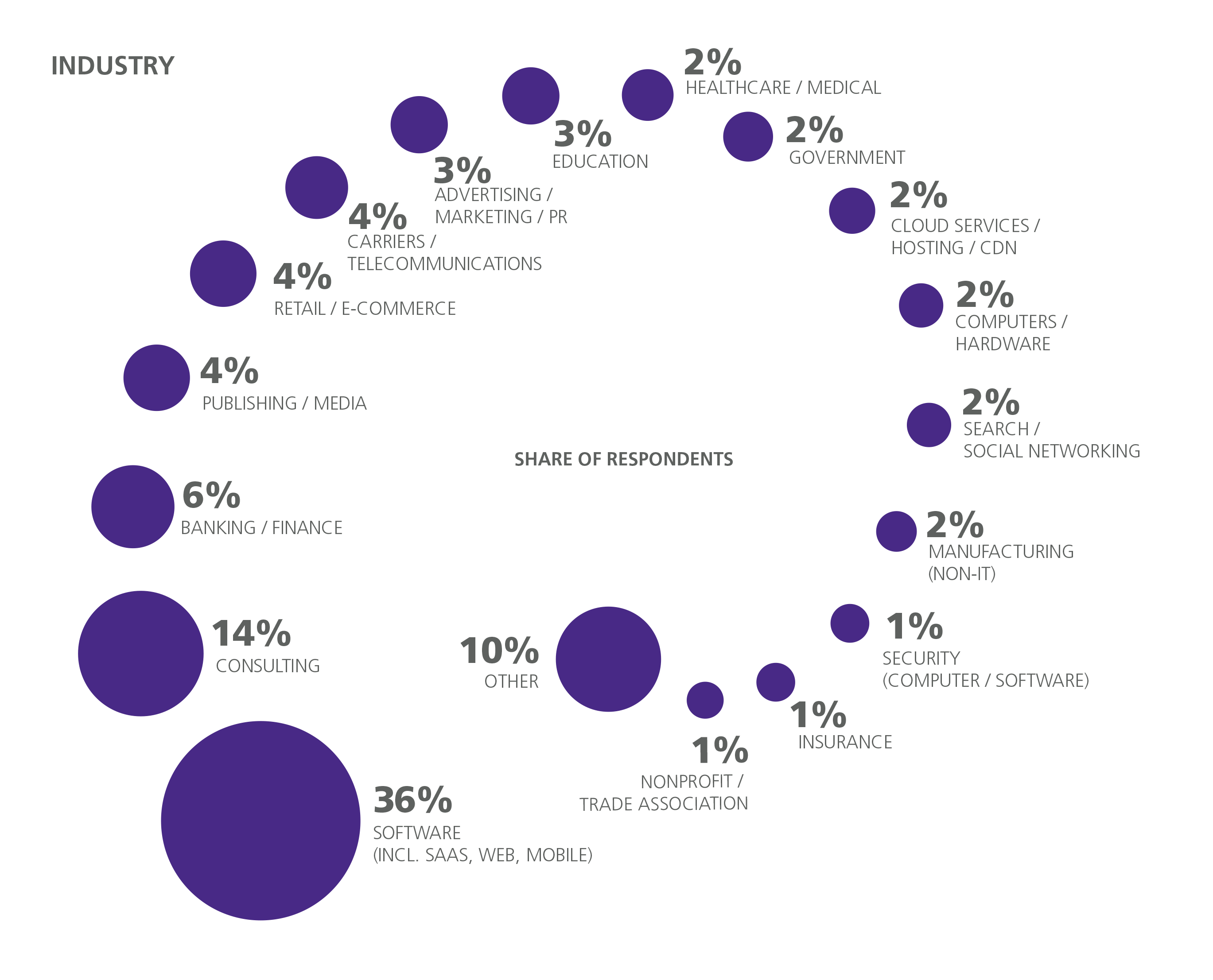
The key to managing your human capital is understanding and measuring your people's skills. These skills can be used to help you develop a compensation incentive system. This will allow your business to better align skill sets with salaries. Employers will be more likely to stay with the company if they are paid for their skills. This will reduce turnover and help them retain their jobs. This will give them a greater sense of value and encourage them to stay longer with your company.
Employee engagement
Engagement is an important component of managing human resources. This involves giving employees meaningful feedback, and giving them a sense that they are important. This gives employees the opportunity to have a say and allow them to voice concerns and offer feedback. Managers should be open with staff members to discuss their concerns and receive regular feedback.
Organization productivity is affected by employee turnover. Gallup research shows that millennial turnover costs organizations $30.5B annually. Engaged workforce are happier at work and more likely to stay where they are.
Performance management
The purpose of performance management for people is to ensure that the company's strategy aligns with employees' performance. This involves setting goals and objectives, and making sure everyone is working in the same direction. This includes creating and monitoring individual performance plans as well as determining compensation. Performance management focuses also on developing and identifying high-potential employees. This approach can also be used to hire and fire, evaluate performance, and identify training needs.

The best performance management system will integrate performance improvement and employee engagement and ensure that employees feel committed to learning and development. Microsoft's Gamification Program for Call-Center Agents is an example of this. The goal is for employees to have the knowledge and skills required to fulfill their role. To be successful, the performance system should be integrated to the employee education program.
Compensation
For attracting the best talent to a job, it is important to offer the right compensation. The key to attracting the right talent isn't only about cash. It's about how you motivate your employees. A solid compensation management system will help a company retain top talent, motivate employees, and attract new talent. Choosing the right mix of compensation can also boost a company's revenue and efficiency.
Compensation management aims to ensure that the benefits and salaries offered are fair and appropriate for current workers. This requires the analysis of employment data and keeping current on complicated benefits administration rules. It is vital that employees receive the right compensation, but also to be paid on time and in a fair manner.
Pay-for-performance
Pay-for performance is a great way of motivating your employees and keeping them happy. This model gives employees the power to raise their wages by achieving specific targets. This model can also be used to help you hire better-skilled workers. This type of compensation may not be right for all companies, but it can be a motivator to top performers to stay.
Implementing pay-for performance is important. It is essential that both the CEO as well as HR departments fully support this concept. Middle management will be more inclined to support the concept if top management agrees with it.

Learning
Learning can be used as part of human resource management to maximize the potential of your employees. There are many options to make learning part of your business, regardless of whether you are hiring a new or existing employee. It is important to identify and understand the needs of your staff in order to improve your human resources.
Training your employees is one way to achieve this. Proper training will help employees feel confident and excited about their jobs. Employees who feel competent in their job will do better.
FAQ
How do I start an LLC consultancy business?
First, you must decide what your goals are as a service provider. You must then ensure you are qualified to offer those services. It may be a good idea to seek out someone who offers the services you need and observe their work.
Once you know what you want to provide, then you should try to figure out where your target market is. You may have to create more if there aren’t enough.
You must then decide whether you want your business to be run by you or hired others.
The state may also permit you to open your own consulting company. However, it requires some paperwork and fees.
How much do consultants earn?
While some consultants may make over $100k per annum, most consultants earn between $25k and $50k. The average salary for a consultant is $39,000. This includes both salaried as well hourly consultants.
Salary depends on industry, experience, location, and type of contract (contractor vs employee). Also, whether the consultant is located in their office or remote.
What is a consultant?
Consultants provide services for others. It's more than just a job title. This role allows you to help others achieve their dreams. By helping people understand their options and helping to make the right decisions, you do this.
Consultants are experts in finding solutions to the problems and challenges that arise while working on projects. Consultants can also offer advice and guidance regarding how to implement these solutions.
Consultants should be able and willing to answer any questions regarding business, technology or finance, leadership, strategy, customer service, legal, management, leadership, management, law, management, law, procurement, legal, marketing, human resources, etc.
Statistics
- On average, your program increases the sales team's performance by 33%. (consultingsuccess.com)
- So, if you help your clients increase their sales by 33%, then use a word like “revolution” instead of “increase.” (consultingsuccess.com)
- WHY choose me: Why your ideal client should choose you (ex: 10 years of experience and 6-week program has helped over 20 clients boost their sales by an average of 33% in 6 months). (consultingsuccess.com)
- According to IBISWorld, revenues in the consulting industry will exceed $261 billion in 2020. (nerdwallet.com)
- My 10 years of experience and 6-step program have helped over 20 clients boost their sales by an average of 33% in 6 months. (consultingsuccess.com)
External Links
How To
What is a typical day for a consultant?
The type of work that you are doing will affect the typical day. But generally speaking, you will spend time researching and planning new ideas, meeting clients, and preparing reports.
You'll often have meetings with clients where you can discuss issues and solve problems. These meetings can be done over the phone or via email.
It is possible that you will be asked to write proposals. These documents outline your ideas and plans, and are required by clients. Before presenting these proposals to clients, you will usually need to discuss them with a colleague or mentor.
After all the planning and preparation you will have to put your efforts into creating some content. This could include writing articles, designing websites or editing photos.
Depending on the scope of the project, you may need to do some research in order to gather relevant statistics or figures. For example, you may need to find out how many customers you have and whether they are buying more than one product or service.
Once you have gathered enough information, it's time to present your findings to clients. You can present your findings verbally or in writing.
After your initial consultation with clients, you need to keep in touch. You might contact them regularly to check on their progress or send them emails to confirm they have received your proposal.
This is a long process that can take some time. However, it is crucial to stay focused and to maintain good relationships.